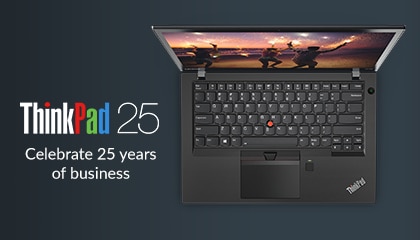Bottom line: LeEco is likely to sell its stake in Coolpad in the next six months, and new investor Centralcon could emerge as the buyer with a goal of trying to turn the company around.

A potential white knight has stepped forward to provide some funds for struggling smartphone maker Coolpad (HKEx: 2369), in a fresh sign that controlling stakeholder LeEco (Shenzhen: 300104) may be preparing to dump the company as part of its protracted reorganization. The amount of the fund-raising is relatively small at HK$582 million ($75 million), though it could be enough to help Coolpad figure out what it wants to do next.
The more interesting question is whether this signals that LeEco is planning to dump Coolpad and the smartphone business in general, which I’ve been predicting for a while since the ousting of LeEco founder Jia Yueting from the company in July. Smartphones was one of the many businesses that Jia entered at the height of his expansion euphoria, and seems like a likely candidate to be jettisoned as the company’s new managers try to right this foundering ship. Read Full Post…










